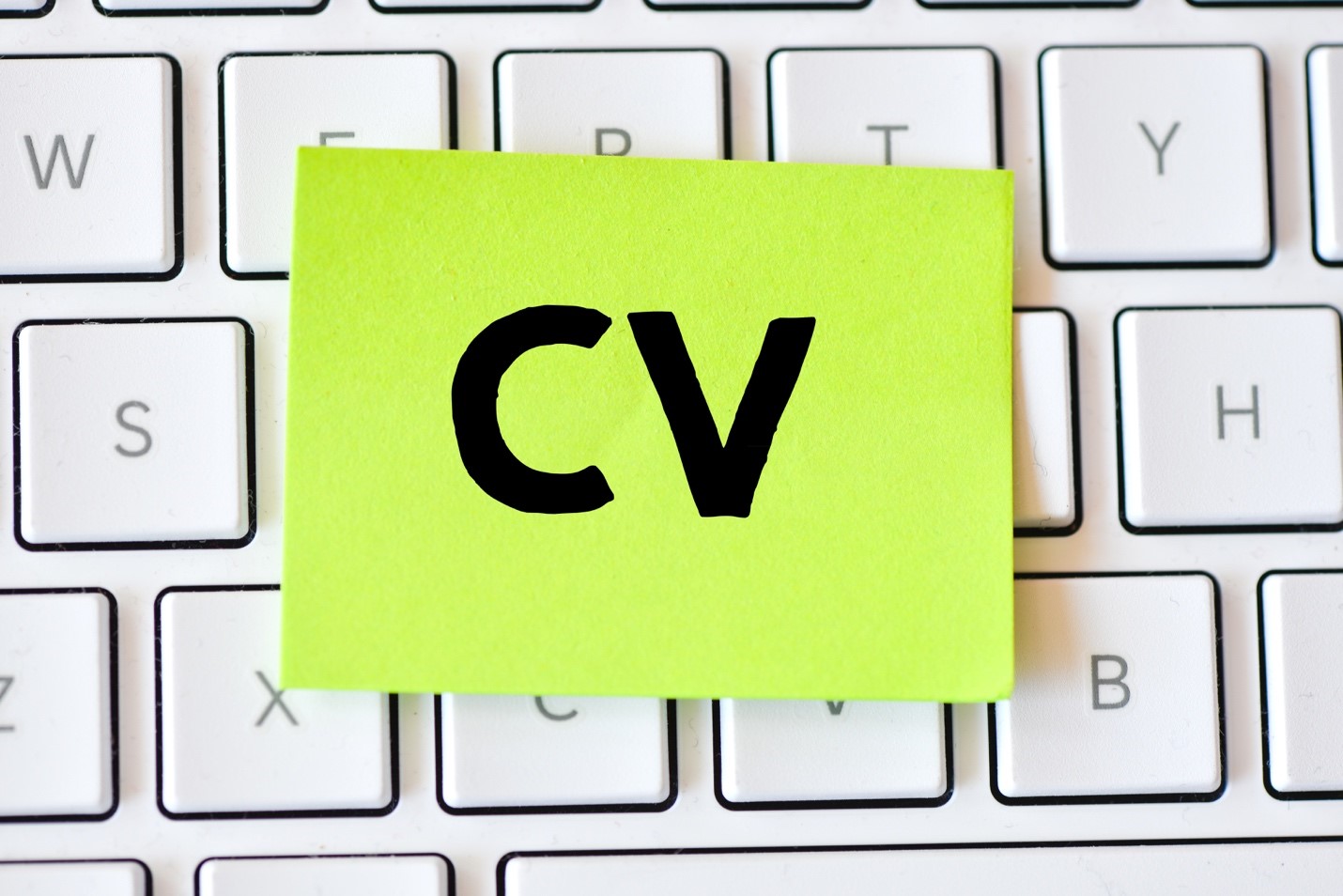Writing A Great CV
A great CV vastly increases your chances of progressing through to the next stage of the recruitment process. Here are some tips on how to draft a stand-out CV.
Personal details
At the start of the CV, include your:
- Name
- Address
- Email address
- Phone number
- If relevant to the job you’re applying for, you can add a link to a social media account such as LinkedIn
Introduction
Below your personal details, include a brief paragraph introducing yourself, your key skills relevant to this job, and why you’re applying for this job in particular. Tailor each CV to the company you’re applying to – don’t just send out hundreds of impersonal CVs.
Brevity
Keep your CV clear and brief – no more than two or three pages. The recruiter will ask you for more information if they need it from you, but at this point, they’re merely skimming for the key details.
Organise your CV into sections, and get your key points across in as few words as possible. Remember, recruiters don’t have unlimited time to read your CV. Keep it brief.
Key skills and strengths
Here’s where you can let your skills shine. Highlight your main strengths and attributes that make you stand out from the other candidates. You can also include informal training if you didn’t receive any qualifications to add in the next section.
Qualifications
Recruiters want to know what qualifications you have and your education background. Starting with the most recent, and going all the way back to high school, include:
- Place of education
- Qualification received
- Final grade
- Period of study
You can also include professional memberships in this section.
Top tip: include education background near the end of a CV if you’re applying for senior and top-tier roles. Put them near the beginning if you’re applying for entry or mid-level jobs.
Employment history
When glancing over your CV, some recruiters jump straight to your most recent role to find out more about your current skills and if they’re relevant to the job at hand. It’s arguably one of the most important sections on your CV. Starting with the most recent position, note down in positive language, using bullet points:
- The job title
- Company name and location
- Employment dates
- A role summary
- Key responsibilities
- Details of specific assignments if this will be relevant to the application
- Include all the skills listed in the job description
Make the most of this section, and remember – it’s a great opportunity for you to revisit your old positions and work out what you learned from each one. Employers will ask you questions about old jobs at the interview, so now’s the time to refresh your memory.
Personal interests
Highlight your personal interests and hobbies on your CV, particularly if you’re into something unusual. Your interests can serve as talking points during an interview so that recruiters can learn more about the “real” you.
Top tip: unless you’re interviewing for a political or religious position, leave any such interests and memberships off your CV, because the recruitment process should be politically and religiously “neutral.”
References
Check with one or two previous employers that they’re happy to act as a reference for you, then pop their details onto your CV. You can, of course, write “references available upon request” instead, but it saves time if you provide references upfront.
Conclusion
Despite the rise in popularity of job boards and networking sites such as LinkedIn, a CV is still essential to your job-hunting success. Writing a great CV can make the difference between the “no” pile and landing an interview – make the best first impression on a potential new employer by following the hints and tips above.


